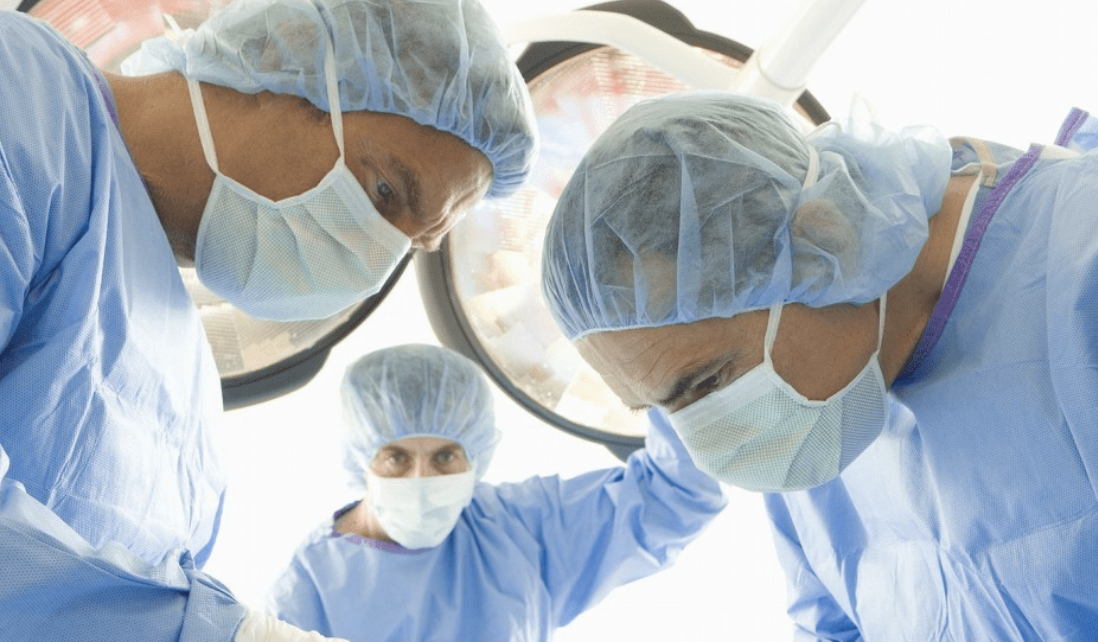Introduction to Hyungwondo Hospital, Japan

Founded in the Meiji era (139 years ago in 1882), Kyokumido Hospital is one of the oldest hospitals in Japan. It is conveniently located in Ochanomizu, a hospital district less than 3 km from Tokyo Station, and is a private hospital that combines medical care, education and research.
For over 130 years, the hospital has been committed to the philosophy and traditional medical virtues of "advancing medicine and contributing to society through medical care", providing highly professional and respectful medical care to patients, and working with the Foundation to "live with cancer" for more patients. "Together with the Foundation, we have continued to refine our research in order to develop cancer diagnosis and treatment methods, and have been awarded eight national functional designations and 13 functional designations by the Society of Medical Institutions and others.
In addition, with its experience of hosting the Japanese Imperial Family, the Hyundai Hospital has an integrated system of treatment from sophisticated medical examinations for early detection of disease to surgery, chemotherapy, radiotherapy, immunotherapy and palliative care. The clinical specialists at the hospital can quickly respond to abnormalities found during examinations and provide patients with efficient and integrated medical services.
Gynaecology
The gynaecology department at Heng Yun Tong Hospital focuses on the treatment of benign and malignant gynaecological diseases and offers specialised medical treatment including
1) New laparoscopic surgery with 3D HD endoscopy for benign diseases such as fibroids, endometritis and ovarian cysts, in order to achieve less bleeding, shorter operation time and higher safety.
2) For gynaecological malignancies, not only radicality is pursued, but also organ function and reproductive function are preserved as far as possible. In addition, extensive hysterectomy has been introduced to provide surgical treatment for cervical cancer that is both radical and preserves reproductive function.
3) Photo-Dynamic-Therapy (PDT) is actively promoted for cervical lesions. PDT is the first hospital in Japan to have conducted clinical research and achieved results in PDT therapy (thus PDT treatment is included in Japan's medical insurance) and is one of the only hospitals in Japan that can perform PDT photodynamic therapy, which kills cancer cells while leaving the cervical canal undamaged, with low invasion, no marks, no pain, no bleeding, and no impact on fertility. cure rate. Heng Yun Tang Hospital performed 1,000 cases of PDT treatment from 1989-2019, and 684 cases of cervical lesions were treated with PDT from 1989-2011, with a cure rate of 98.4%.

4) For uterine fibroids, the use of Uterine Artery Embolization (UAE) can be expected to reduce the volume of fibroids by half within 3 months and to 30% in 6-12 months. Although the treatment is associated with severe pain, transvenous patient-controlled analgesia (IV-PCA) is administered in collaboration with the Anaesthesia Department at the Gynecology Department of Heng Yun Tong Hospital. Over 600 gynaecological procedures are performed each year (including malignant tumours and PDT treatment).

Department of Medical Oncology
The Department of Medical Oncology at Heng Yun Tang Hospital has achieved good results in the field of drug therapy using cutting-edge molecular targeted drugs and immune checkpoint inhibitors, etc. It can treat all cancers except blood cancers, and is particularly good at breast cancer, ovarian cancer, seminal nest cancer, oesophageal cancer, and cancers of unknown primary focus.
The Department of Medical Oncology not only has excellent medical skills and cancer treatment standards that are no less than those of the major general hospitals in Japan, but also provides patients with rapid medical coordination - the hospital has a direct business relationship with Nihon University Hospital and Nihon University Hospital Itabashi, and can open a green channel for direct introduction to heavy ion treatment, etc.
Gastroenterology
The Department of Gastroenterology at Hyundai Hospital actively performs laparoscopic surgery for early stage gastrointestinal cancers (stomach, small intestine, large intestine, rectum, gallbladder), appendicitis, inguinal hernia, etc. The surgery takes about one hour and removes the tumour without opening the abdomen. The average rate of laparoscopic surgery performed in hospitals throughout Japan is 20%, but at Hengwondo Hospital it is 89.9%.

The Gastroenterology Department has been widely reported in the Japanese media for saving a patient with liver metastases from colorectal cancer who was declared to have only one year to live. The renowned specialist who performed this laparoscopic surgery was Professor Jun Kawamoto, Head of the Department of Gastroenterology at Hengwondo Hospital.







